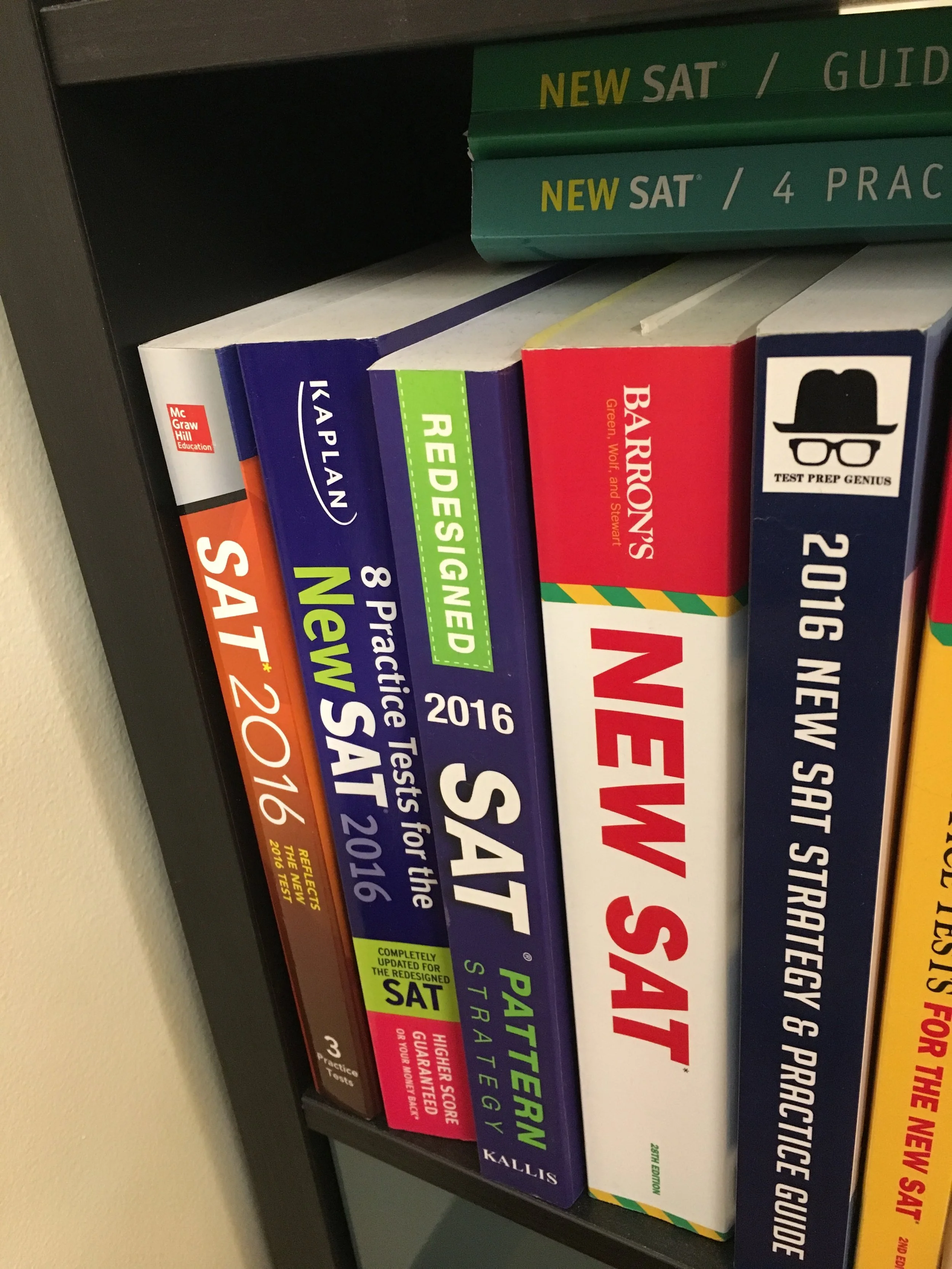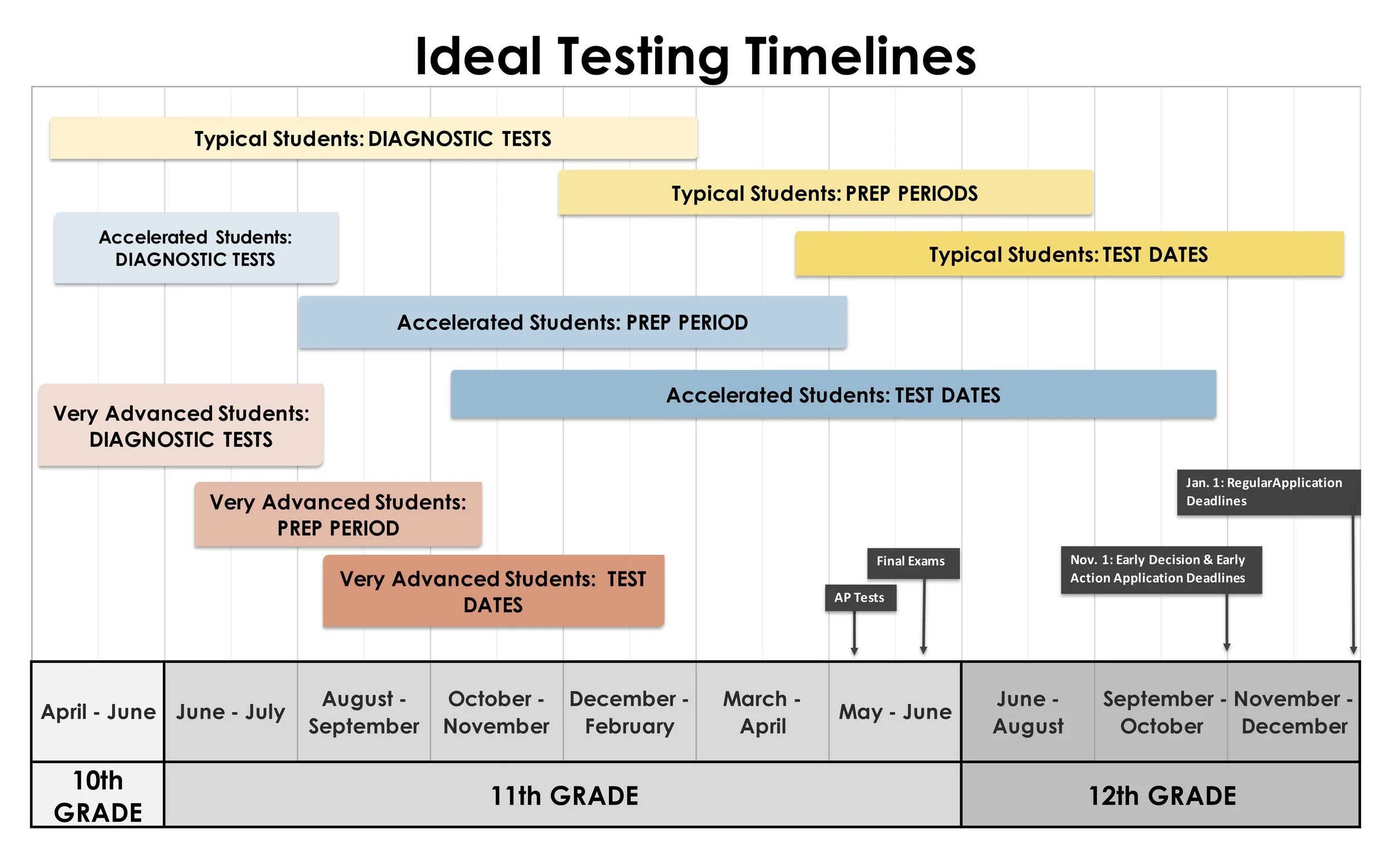Latest Info
David Coleman, the President of the College Board, spoke this week at a conference for college admissions counselors, where he reinforced and expounded on the changes that will be coming to the SAT.
Coleman first announced changes to the SAT in February, saying that the SAT should become more aligned with common core standards in order to do a better job testing content that students learn in school. While his announcement was short on specifics, Coleman had previously identified the essay and the SAT's arcane vocabulary as the targets most ripe for change.
At the NACAC conference in Toronto, Coleman gave us further reason to suspect changes will come mostly to the essay and vocabulary. See the article at InsideHigherEd.com for the most detailed report on Coleman's remarks.
Analysis
Essay
The essay section of the SAT will probably not go away; it will simply change its form. We're more likely to see something like the DBQs found on the AP U.S. History exam or the Analyze an Argument writing prompts found on the GRE.
Personally, I welcome the change. The essay is my least favorite section of the SAT to prepare students for. I've seen that SAT math tutoring often increases students' overall math intuition and reasoning, that SAT reading tutoring often increases students' ability to comprehend and analyze complex texts, and that SAT grammar tutoring often increases students' grammar fundamentals, but I almost never find that SAT essay tutoring increases their writing ability. Teaching the SAT essay involves teaching a bland formula, as well as encouraging unsavory yet effective tactics like using canned examples and blatantly false evidence.
I have no doubt that a more analytical or responsive essay prompt, such as the one found on the GRE, would be just as coachable, if not more so, than the current SAT essay. After all, if a typical high school English curriculum prepares students well for any type of writing (excluding creative), it would be the type of short persuasive writing currently tested on the SAT. Analytical prompts, meanwhile, would be just as easy to beat through sound strategy, yet learning the strategies to do so would be more likely to improve students' overall writing skills. I, for one, eagerly anticipate a new and revised SAT essay.
Vocabulary
Vocabulary is the other aspect of the SAT that Coleman has singled out as an area for change. I feel ambivalent about changes to the difficulty level of SAT vocabulary. On the one hand, the vocabulary on the SAT rewards students who spent their childhoods as active readers, steadily mastering the complexities of the English language. The SAT also consists largely of words that students will see often in college level texts and well-regarded news publications. On the other hand, I do think the SAT goes a little too far with some of the more difficult words. I'm a huge proponent of expecting high school students to know words like ambiguous and capricious and to figure out words like irreverent and inscrutable, but it is a little absurd to expect 16 and 17 year olds to define words like treacly, perfidy, and diaphanous. I hope that the SAT maintains the basic structure of sentence completion questions--which are fantastic for testing students' ability to recognize and utilize context clues--while only altering the difficulty level of the vocabulary.
I'll be sure to provide info and analysis as further information is released regarding changes to the SAT.










